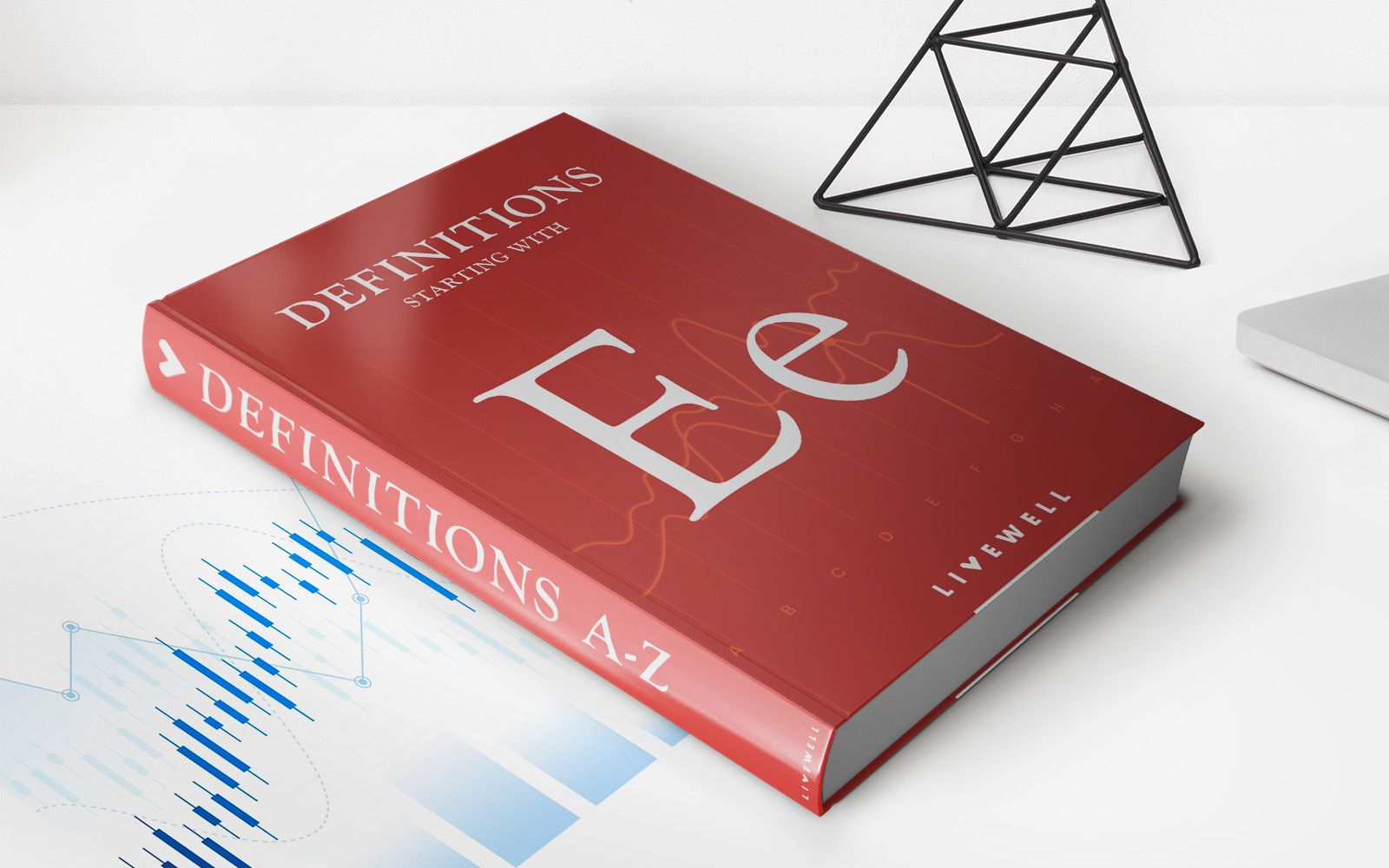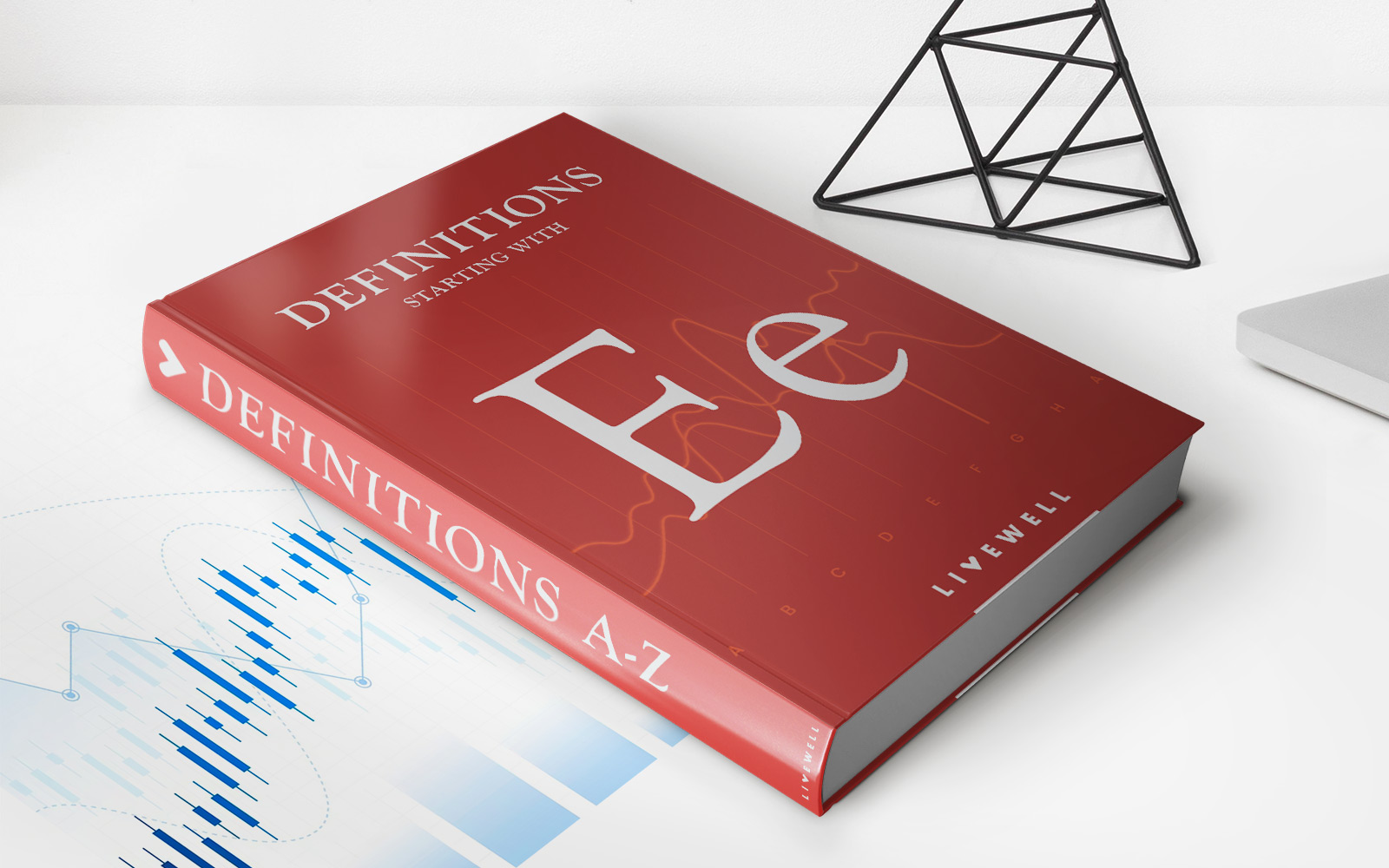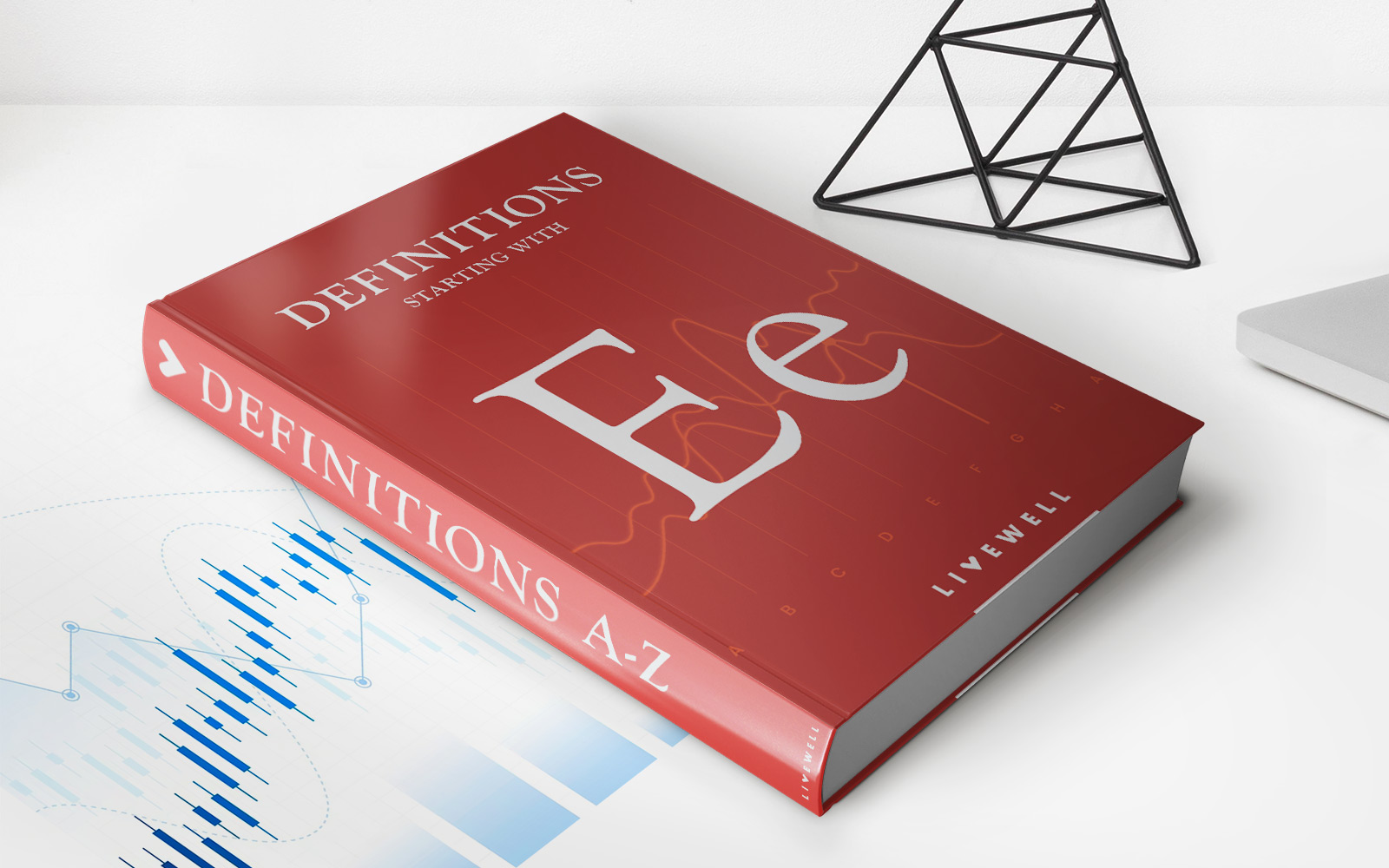

Finance
India ETF Definition
Published: December 8, 2023
Discover the meaning and benefits of India ETFs in the world of finance. Explore investment opportunities in India's diverse and growing economy with this comprehensive guide.
(Many of the links in this article redirect to a specific reviewed product. Your purchase of these products through affiliate links helps to generate commission for LiveWell, at no extra cost. Learn more)
What is an India ETF? Understanding the Basics of Indian Exchange-Traded Funds
Welcome to our “Finance” category, where we delve into various aspects of the world of finance. Today, we are going to talk about India ETFs and provide you with a comprehensive understanding of what they are and how they work.
An India ETF, also known as an Indian Exchange-Traded Fund, is a type of investment fund that is traded on stock exchanges, just like individual stocks. It is designed to track the performance of a specific index, such as the Nifty 50 or the Sensex, which represent the Indian stock market. By investing in an India ETF, you can gain exposure to a diversified portfolio of Indian stocks without having to buy and manage individual stocks yourself.
Key Takeaways:
- An India ETF is a type of investment fund that trades on stock exchanges.
- It allows investors to gain exposure to a diversified portfolio of Indian stocks without the need to manage individual stocks.
Now that we have the basics covered, let’s explore the reasons why investing in an India ETF may be a wise financial decision:
1. Diversification:
One of the main benefits of investing in an India ETF is diversification. By purchasing shares of an India ETF, you gain exposure to a wide range of Indian stocks, which helps spread out the risk. This diversification can be especially valuable when investing in markets that are known to be volatile, such as emerging markets like India.
Investing in individual stocks can be risky, as the performance of one company can significantly impact your entire portfolio. By spreading your investment across multiple stocks, an India ETF can help mitigate this risk and provide a more balanced investment approach.
2. Cost Efficiency:
Investing in an India ETF can be cost-efficient compared to buying and managing individual stocks. When you invest in an ETF, you are essentially buying a basket of stocks that match the underlying index. This means you can take advantage of economies of scale, as the cost of buying and selling shares is typically lower compared to purchasing each stock individually.
Additionally, India ETFs often have lower expense ratios compared to actively managed funds, making them an attractive option for cost-conscious investors.
India is one of the fastest-growing economies in the world, with a vibrant stock market. With an India ETF, you can capitalize on this growth potential and gain exposure to a diverse range of Indian companies.
In conclusion, an India ETF is a convenient and cost-effective way to invest in the Indian stock market. By diversifying your portfolio and taking advantage of economies of scale, you can potentially benefit from India’s economic growth and improve your overall investment strategy.
So, if you are interested in exploring the Indian stock market, consider adding an India ETF to your investment portfolio. It’s a smart choice that can help you achieve your financial goals while minimizing risk and maximizing returns.














